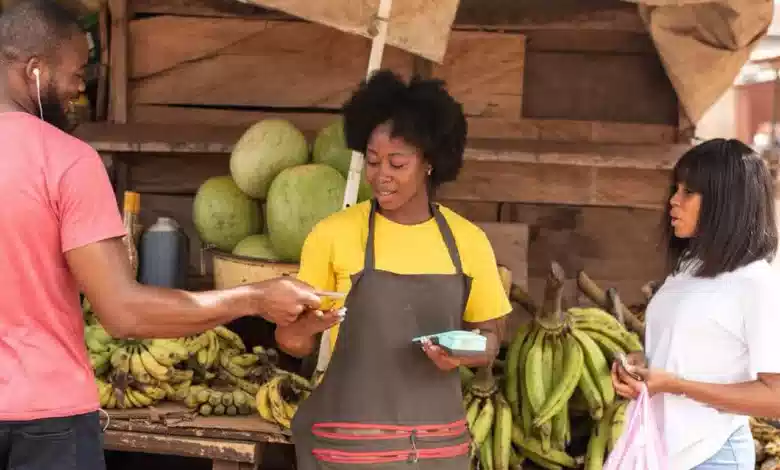
M-Pesa has grown tremendously in Kenya since its inception. It’s a story that everyone knows, no matter what industry you are in. From that growth, the product has expanded to other markets, with millions of Africans using it for sending and receiving money, making payments, getting loan services, and much more. Last year in Kenya, M-Pesa reportedly enjoyed a 96.5% market share. That’s why, whenever the service is down or experiencing issues, many things get paralyzed across the country.
Our reliance on one service isn’t a good idea. It sets the stage for numerous issues should things go wrong. This was evident during the last M-Pesa outage when both customers and businesses felt really frustrated and annoyed as they waited for a resolution, all while losing potential business. There was nothing millions could do. Remember, for many Kenyans, the closest thing they have to banking is M-Pesa. With a wallet limit of KES. 500,000, that’s more than what millions will ever raise. So, very few would switch to their cards or their bank apps when M-Pesa was not working.
Mobile Money has long been linked to telecommunications providers. That’s how we’ve always thought of the product. Safaricom has M-Pesa, and Airtel has Airtel Money. Thus, it goes without saying that a bigger network has a larger share of mobile money customers. It’s reached a level where people stick to a network to keep their mobile money wallet. That’s why, for many Kenyans, a dual SIM phone is a must—one for cheap phone calls and data, and the other for sending and receiving money.
Now, with such an arrangement, more businesses will jump on the more popular product. Then the government will follow suit. All the while focusing on growth and the glory of calling themselves a “cashless” nation. Over time, that’s how we get to a place where, when M-Pesa is down, government digital services also grind to a halt. So a whole nation comes to a standstill thanks to one product. It’s time to change that.
There have been quite good attempts at changing this dependency. We’ve seen advances in interoperability. But there’s only so much this can do. Because if one company enjoys a 99% market share at certain times, there’s very little interoperability can achieve. Who are you interoperable with when you’re the only service?
We’ve also seen the Central Bank of Kenya step in to properly control the industry with a Payment Service Provider license. All wishing to engage in Mobile Money services must be registered and adhere to the principles they’ve set. This has been the best move so far in regulating the sector and controlling things like pricing. And it should be our way out of this mess where things stand still when M-Pesa isn’t working.
On the Central Bank of Kenya website, there are currently 35 registered Payment Service Providers, with about 14 of them having approval to offer services similar to M-Pesa. Not all of them directly compete with M-Pesa, but that’s the point I think we need to work on. We should encourage as many possible alternatives to get registered and grow.
This encouragement will never come from the government, which is happy with its stake in Safaricom and seemingly not bothered by the company’s trajectory. Rather, the encouragement should come from individuals and businesses tired of being stranded when things fail, tired of lack of proper communication, tired of expensive rates, tired of losing potential business when things are down, and tired of the almost stagnated state of mobile money.
Customers need to be encouraged to be open to as many mobile money options as possible and to always carry cash. Cash is actually currently our only way out of illogical fees when moving your own money or making payments. Our mobile money options charge us exorbitant fees and taxes, even for transfers to oneself. It doesn’t make sense!
Businesses should be encouraged to have as many payment options as possible. Whatever the option, a business should consider adopting it. This means that whenever there’s an outage, the business can still receive payments. It also means that businesses can choose what works best for them and gravitate towards that forever.
Encouraging the uptake of alternatives will help us in the following ways:
- Reduction in reliance on one service, meaning whenever a service is down, our country doesn’t stall.
- Competition, which means better services and cheaper transaction costs, which are currently a huge problem.
- Proper interoperability where you will actually not feel locked to one service.
With the current state of taxation and transaction costs, we shouldn’t be subjected to periods where we can’t transact, can’t move, can’t pay, and, worse off, can’t receive official communication on what’s going on.





